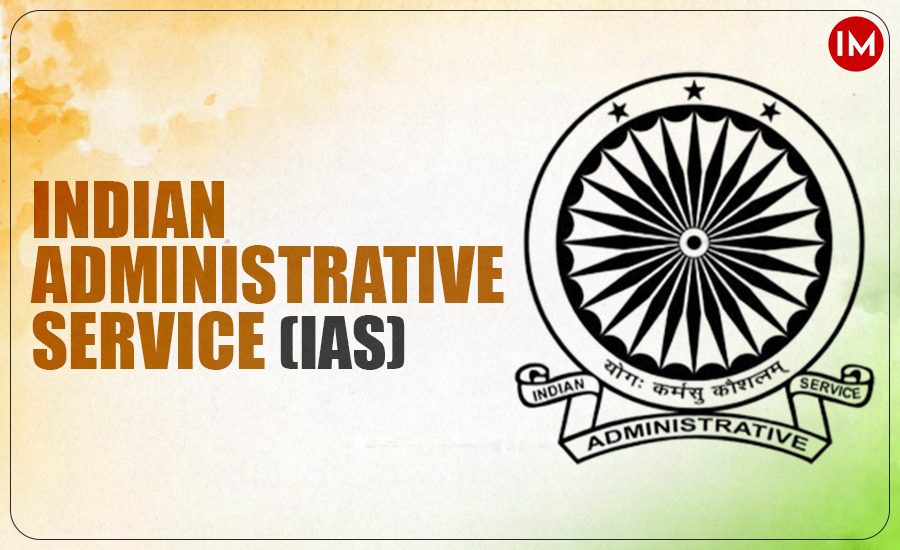Thiruvananthapuram: In a rare and controversial move, the Kerala government has approached the High Court seeking to quash a Central Administrative Tribunal (CAT) order that enforces fixed tenure protections for IAS officers, in line with the Supreme Court’s landmark TSR Subramanian judgment. Ironically, the state’s own top bureaucrats – including the Chief Secretary – are among the signatories of the legal challenge filed against the very safeguards designed to protect civil servants from arbitrary transfers.
CAT Order Under Challenge
The petition targets the CAT’s interim order dated 13 November 2023, which directed the Kerala government not to proceed with any transfer or posting of IAS cadre officers without the prior recommendation of the Civil Services Board (CSB). This aligns with the 2014 amendments to the IAS Cadre Rules, introduced following the Supreme Court’s judgment in TSR Subramanian vs Union of India, which sought to ensure administrative stability and shield civil servants from political interference.
Top Bureaucrats File Affidavit on Behalf of State
The affidavit submitted to the High Court is sworn by four of Kerala’s highest-ranking civil servants –
- Chief Secretary
- Additional Chief Secretary (Personnel and Administrative Reforms) – also the Ex-officio Member Secretary of the CSB
- Additional Chief Secretary (Local Self-Government)
- Additional Chief Secretary (General Administration, AIS-C)
In the filing, the officers argue that the CAT order is “an error both in law and in fact” and allege it imposes a blanket ban on routine cadre management, thereby paralysing governance.
Kerala IAS Officers’ Association Not Supporting State
Adding to the complexity, the Kerala IAS Officers’ Association is not aligned with the state’s position in this case. The state’s legal move effectively sets it against the very officers it is tasked with supporting, particularly when those officers are seeking legal backing for their tenure rights under central rules and judicial directives.
Legal and Governance Implications
The state’s challenge raises critical constitutional questions –
- Can a state government override a Supreme Court-backed central rule via legal challenge?
- To what extent can CAT enforce such rules in a federal administrative framework?
- Does Kerala’s position weaken the larger goal of bureaucratic independence?
Legal experts suggest that this case could set a precedent for future Centre-state disputes over cadre management, fixed tenure, and the autonomy of civil servants.
Background: TSR Subramanian Judgment
The 2013 Supreme Court judgment in TSR Subramanian vs Union of India mandated that civil servants be given a minimum fixed tenure to ensure policy continuity and reduce vulnerability to political pressure. The court also directed governments to constitute Civil Services Boards for making objective recommendations on transfers and postings of officers.
In response, the Centre amended the All India Services (Cadre) Rules in 2014, making CSB consultation mandatory for mid-career transfers. However, implementation has remained inconsistent across states.
What’s Next?
The High Court is expected to hear the matter next week. Meanwhile, observers within both legal and administrative circles are closely watching how the court balances executive flexibility with the rule of law and constitutional discipline.






























